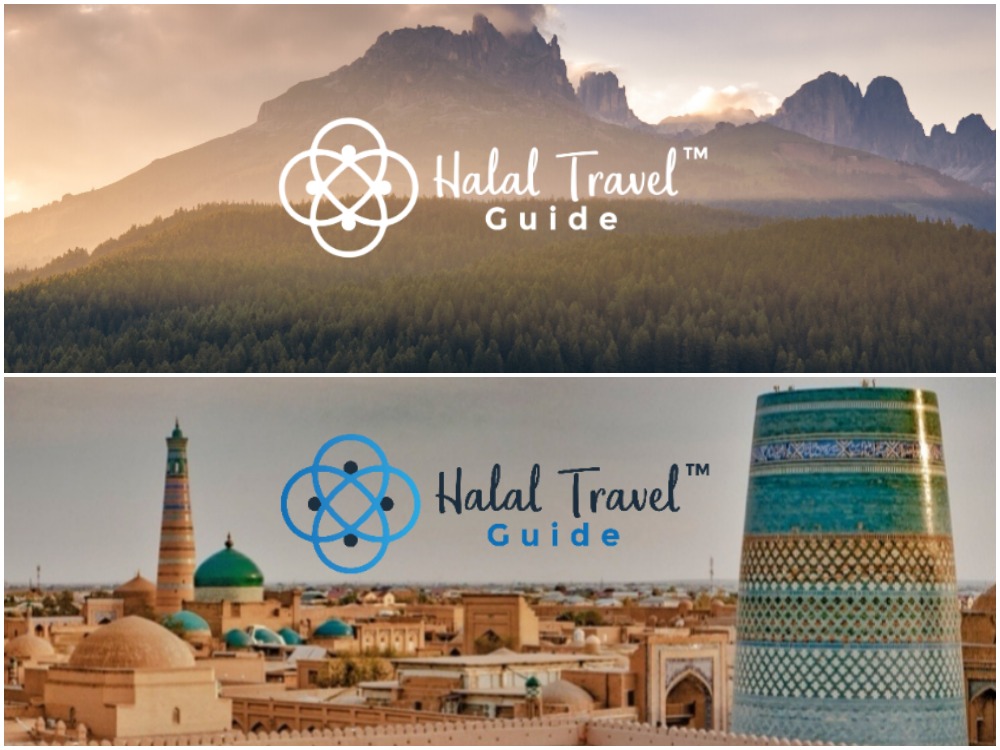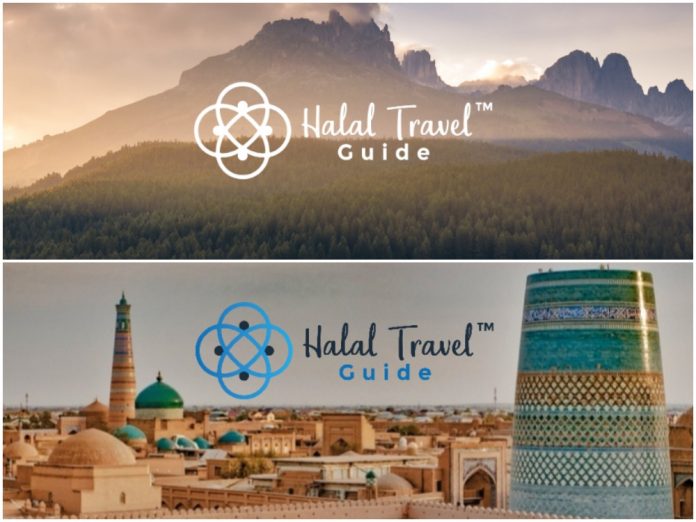LONDON: Muslim travelers could drive the development of a responsible post-pandemic tourism industry, said a UK-based entrepreneur who is on a mission to make that happen while also providing unforgettable experiences.
“Millennial Muslim travelers increasingly want to be able to access more immersive experiences and go off the beaten track,” Soumaya Hamdi, managing director and founder of the Halal Travel Guide, told Arab News.
“They want to do this by connecting with local communities and learning more about their customs and cultures.”
Hamdi’s company started out by just offering information for Muslim travelers, but quickly moved into running its own tours that combine locally run visits to authentic Islamic heritage sites with adventurous activities and unique experiences.
“We’re doing something that benefits both the travelers and the local communities they visit. For many of these travelers, these kinds of trips can be transformative,” she said.
“You learn so much about yourself by learning about how other people live. This is what millennials, Gen-Zs and those that come after will want.”
Before the pandemic, she explained, halal travel was the fastest-growing market in the global travel economy, with an estimated value of nearly $200 billion.
“It has huge economic potential, but it’s also more than that. Because Muslims tend to have a values-based approach to the products and services they use, the halal travel industry provides an opportunity to enable the development of a responsible tourism industry in the wake of the pandemic,” she said.
“It’s not just about providing profit to the company or destination. It’s about doing so in a way that ensures both the traveler and the local community benefit from it. It aims to make lives better overall.”
While it is unclear exactly when economies will reopen and people will resume traveling en masse, Hamdi said she expects the halal travel market to be one of the earliest to pick back up once restrictions are eased.
“Because the global Muslim population is so young — much of the population is under 30 — it’s definitely going to be one of the first tourism markets to start showing signs of recovery,” she added. “They’re younger, so it’s safer to travel.”
But not only do these people feel safer from COVID-19, they also have money and want to spend it on experiences they will cherish, Hamdi explained.
“Many millennials are now entering their most productive earning years in terms of income. We have a lot of young, successful millennial Muslims who are demanding more from their travels,” she said.
“They’re expecting more, and they want better-quality experiences that weren’t previously accessible to them.”
Saudi Arabia, she said, looks “very promising” as a destination for this young and adventure-minded cohort.
“The Kingdom has traditionally been focused on religious tourism, but there’s huge potential for it to capitalize on those travelers who are coming to the country for Hajj and Umrah, by encouraging them to stay a few extra days and head to the Red Sea coast, for example,” she added.
Hamdi pointed to the potential of various Saudi projects currently in development that look “very promising” in terms of their capacity to attract these young tourists.
Qiddiya, for example, is opening in 2023 and promises to be a global entertainment hub that emphasizes visitors’ immersion in new experiences, while the Kingdom’s natural beauty will attract tourists who prioritize physical activity and appreciate nature.
“Stargazing with locals near AlUla, for example, sounds really exciting!” Hamdi said. “It’s definitely going to be an exciting time for tourism in Saudi Arabia over the next 10 years.”

Saudi Arabia wants to be top tourism destination for Muslim travelersIndonesia taps into Muslim tourist market with Shariah hotels

